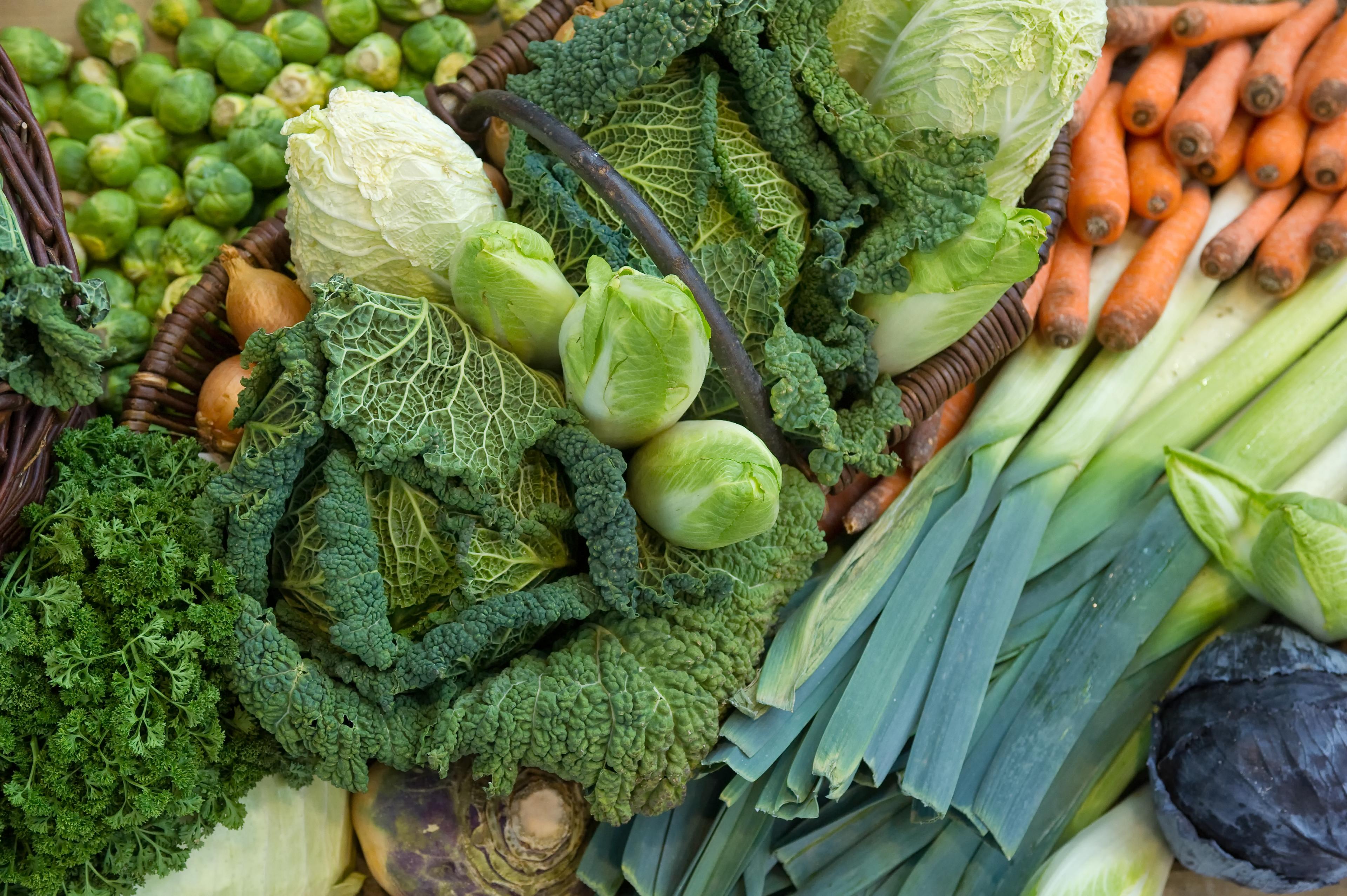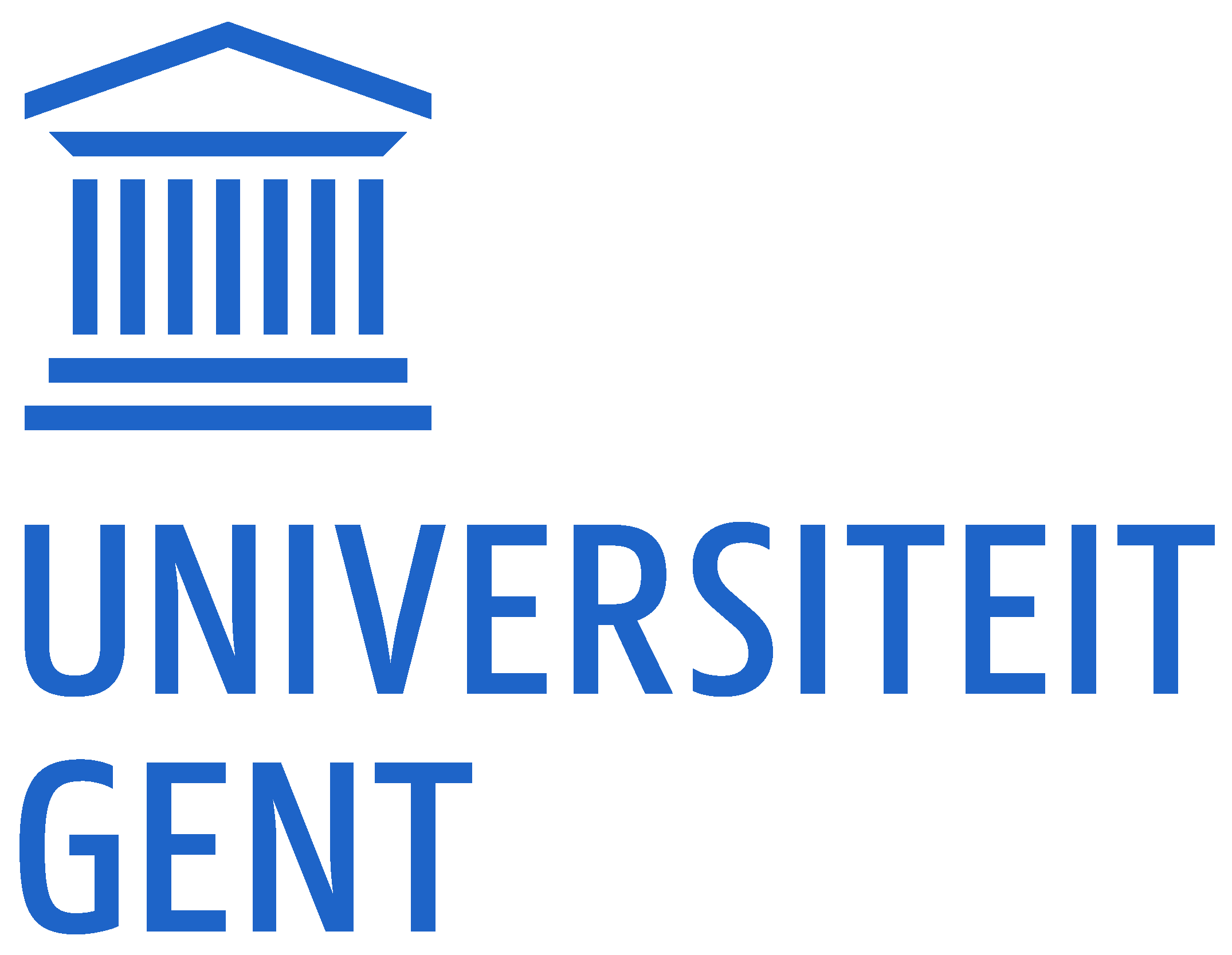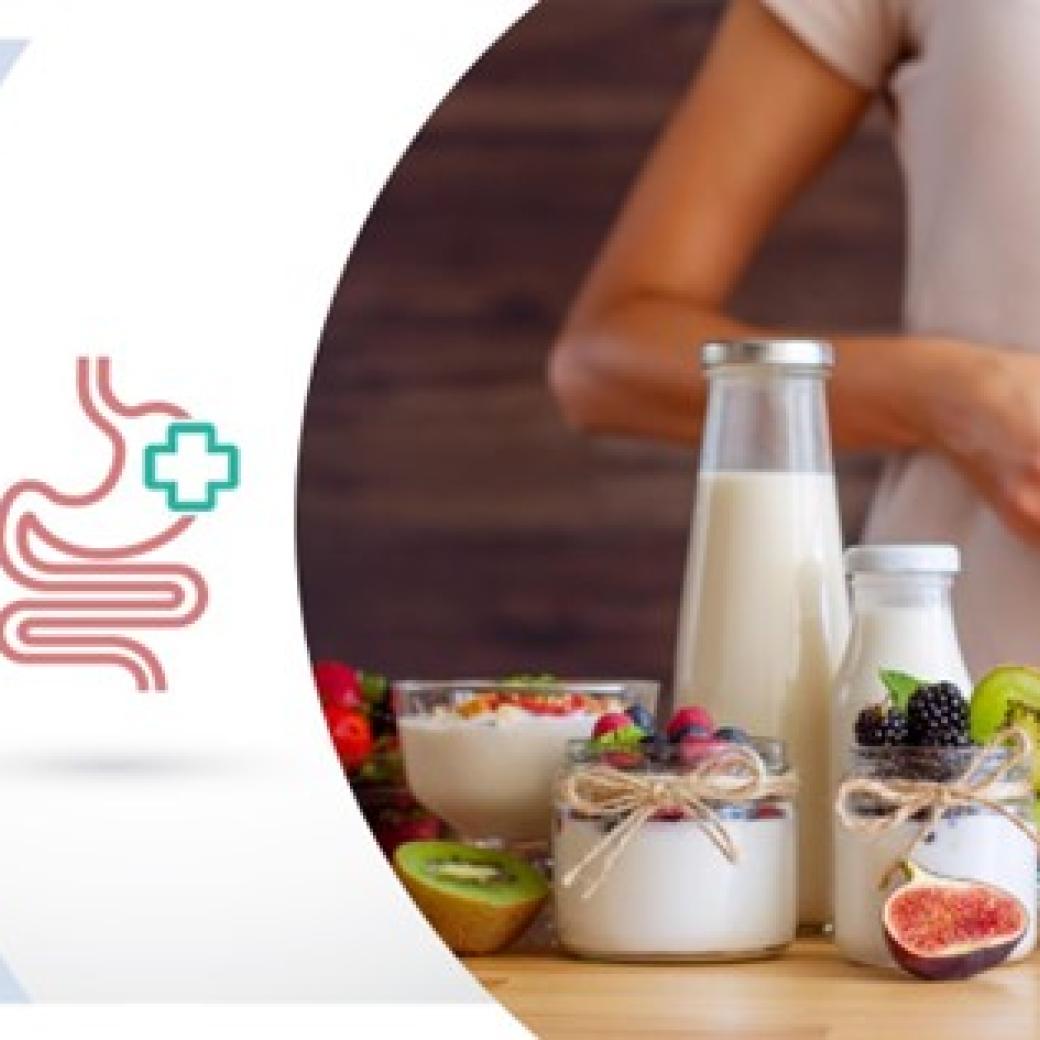Veggiechain


Evaluation of food quality in the vegetable processing chain
Why this project?
Are processed vegetables just as healthy as fresh vegetables? And how does the quality of a vegetable change in a prepared meal? To what extent do the different process steps, from pre-treatment, preservation steps and storage to the regeneration of the product, have an impact on the nutritional quality? And what about the taste and texture? VeggieChain tries to answer these questions.
Research approach
VeggieChain is a collective, fundamental research project (type SBO) whose main objective is to gain more knowledge on the changes in nutritional and sensory properties during the different process steps in the vegetable processing chain.
Brussels sprouts and leek have been selected as commercially relevant vegetables for Flanders. They are rich in important health-promoting components and they have a very typical flavour profile. VeggieChain will use both targeted and non-targeted analytical methods in combination with multivariate data analysis (MVDA) techniques and kinetic modelling.
- The targeted approach will lead to a quantitative analysis of pre-selected health-related components.
- The non-targeted approach will consist of the analysis of volatile extracts using GC-MS-based fingerprint techniques.
- MVDA will be used to analyse the volatile fingerprints and to integrate observations from various quality parameters to select significant changes as a consequence of pre-preparation, conservation, storage and/or regeneration.
- Kinetic modelling will be applied to describe changes in quality of the food products as well as predict changes related to different backgrounds (e.g. by upscaling).
Regarding the health aspect, the research will focus on the conservation of concentrations in health-promoting components and the effect of certain variables as part of the digestive system.
Target group and expected results
Various sectors in the agro-food industry can benefit from this project. The vegetable processing industry in Flanders (in particular frozen vegetables) will have a better understanding of the effect of processing on vegetable quality, which will enable them to produce higher-quality processed vegetables. This will increase consumption of processed (frozen) vegetables in Flanders and Europe, which will lead to a larger turnover. Innovation in this sector is important to solidify Flanders’ position as the market leader in Europe. Open-air vegetable cultivation will also take further root in Flanders thanks to the current cultivation contracts between farmers and the processing industry. In addition, the prepared meals sector will, along with catering companies and restaurants, benefit from the project results as regeneration (as a processing stage of the chain) will also be studied extensively. Finally, the project consortium will also target technology suppliers and machine manufacturers to optimise their technologies and implement the results with their customers.
Project partners
Flanders’ FOOD manages the project. The following research groups are responsible for the execution:
- KU Leuven, Laboratory for Food Technology: Prof. Tara Grauwet (coordinator), Prof. Ann Van Loey, Prof. Marc Hendrickx
- Ghent University, Department of Food Technology, Safety and Health, Research group VEG-i-TEC: Prof. Imca Samper
- Technology and Food Department from the Institute for Agricultural, Fisheries and Food Research: Dr. Bart Van Droogenbroeck, Dr. Nathalie Bernaert
- VIVES University, Centre of expertise for agro- and biotechnology: An Callens
Contactpersoon

From apple tree to innovation: meet B3ET

Sustainable animal feed from sweetcorn cobs: meet Trotec








